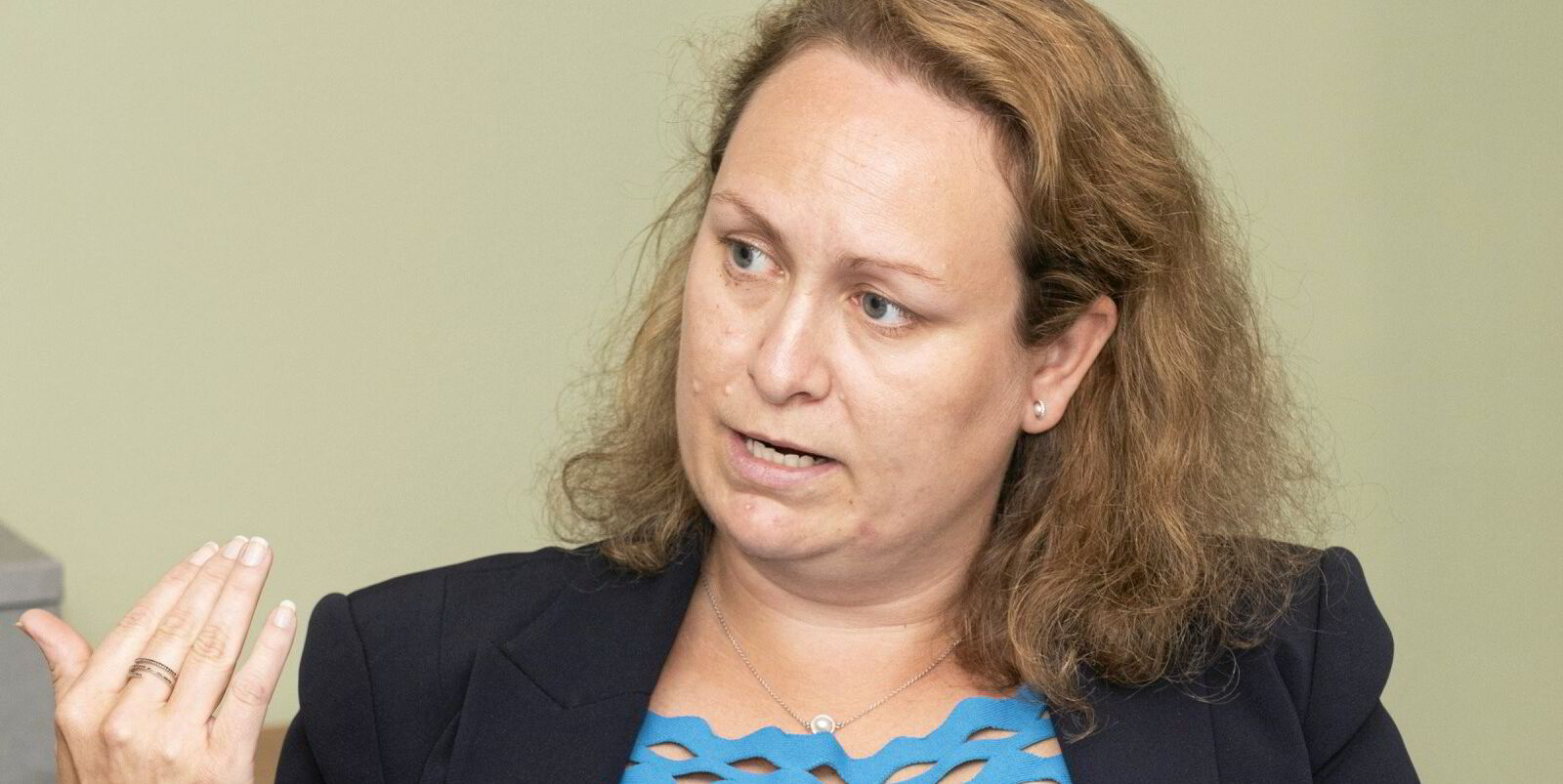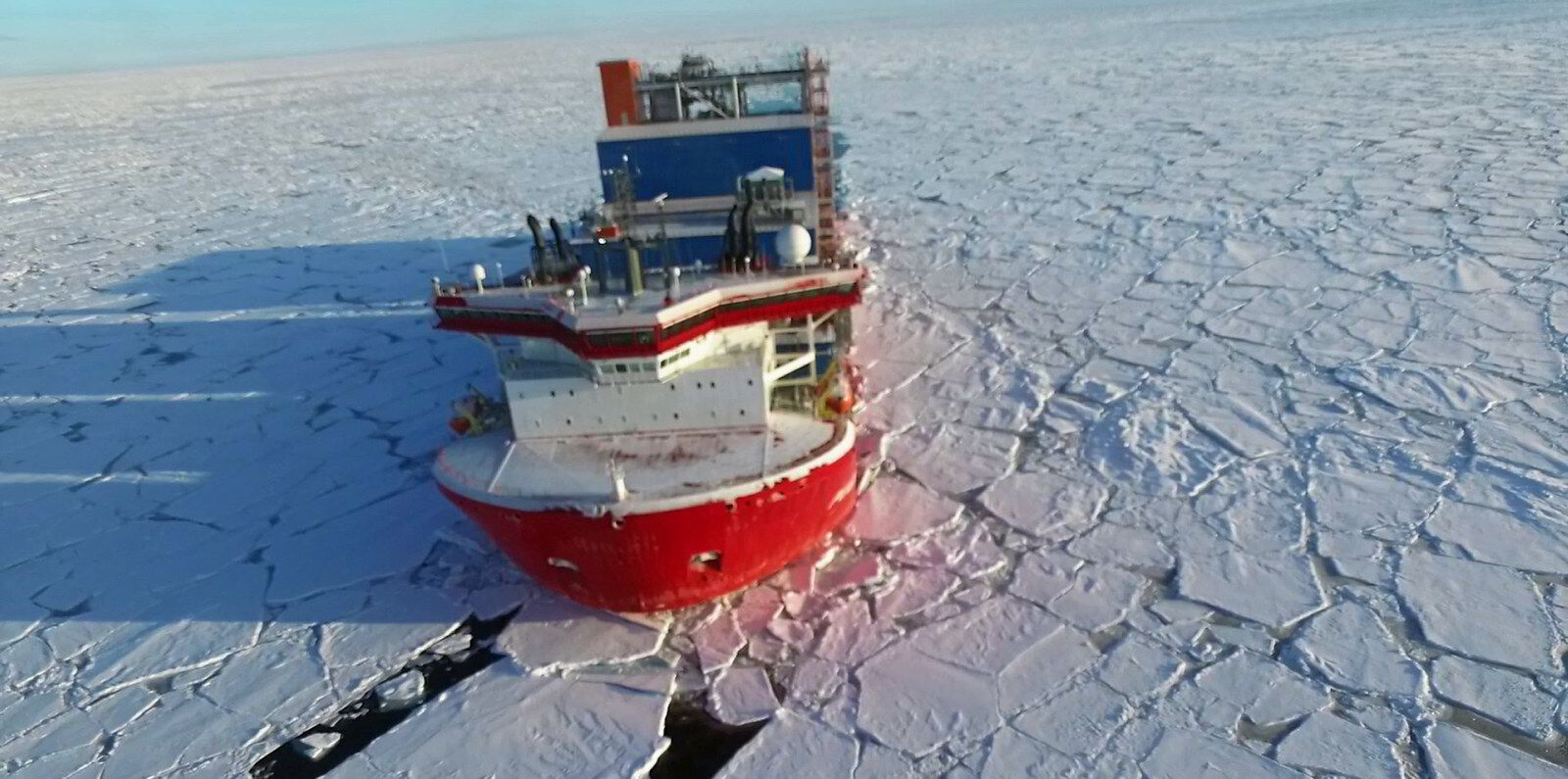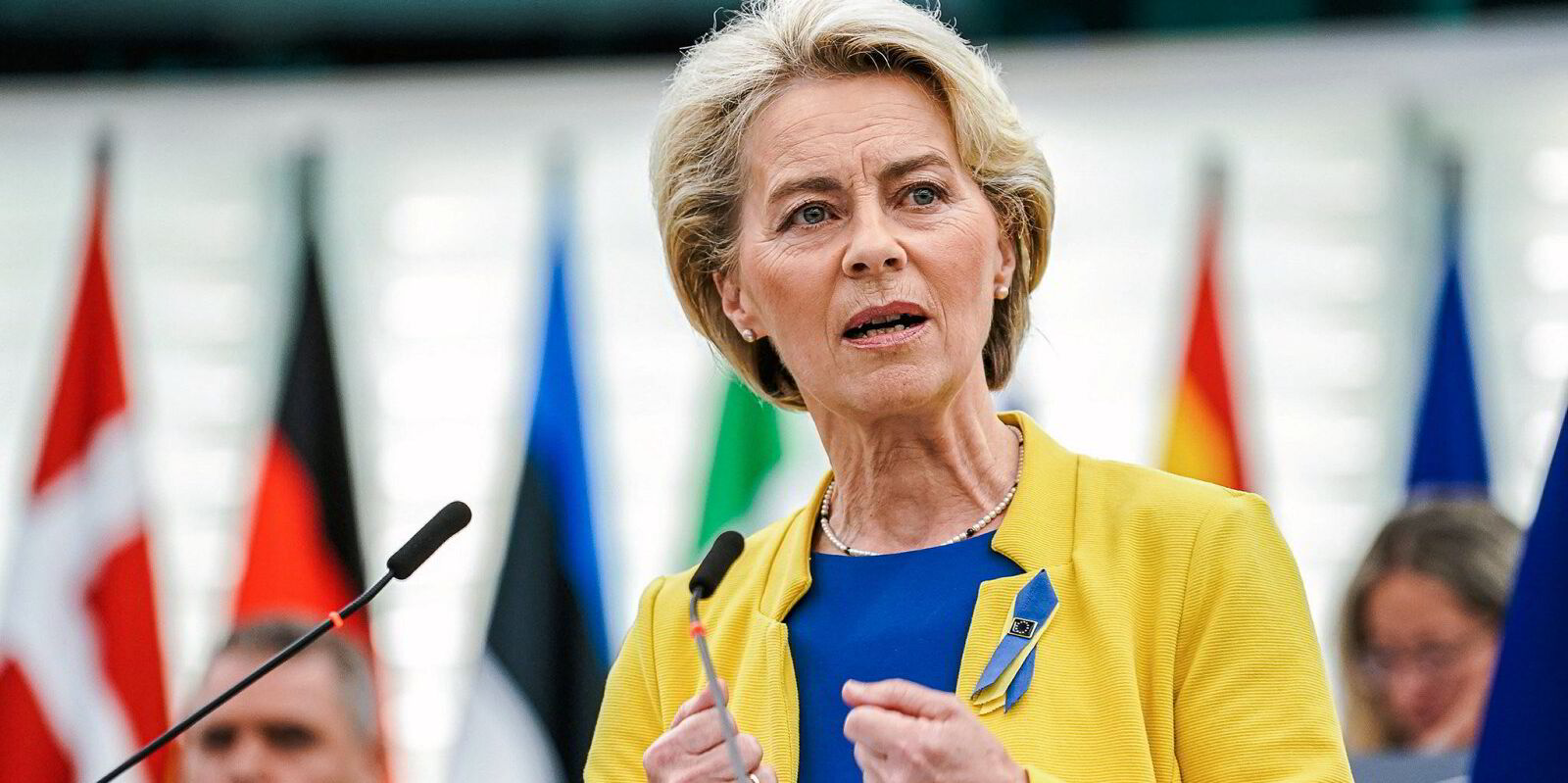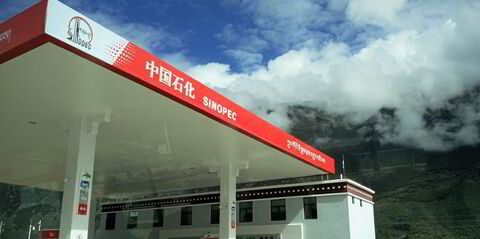Weeks after Malin Hogberg took a top legal job in the world of shipping insurance, the world was plunged into the lockdowns of the Covid-19 pandemic.
Two years later, she answered the call to run a key shipping sanctions committee, only for Vladimir Putin’s troops to invade Ukraine.
On the day her co-chair stepped down and she took solo control, Europe introduced its ban on Russian crude imports and the G7 group of nations started the oil price cap programme.
And since then, it has been relentless. “It has been a completely different level to anything we’ve seen before,” she said of the complex and overlapping sanctions regimes of the US, European Union and UK.
Expect more shocks soon — Hogberg is about to start a new job. She stepped down as director of corporate legal at the Swedish Club at the end of June after more than 18 months chairing the International Group of P&I Clubs’ sanctions committee.
More in the pipeline
In that role, she has led talks with European, British and American regulators. At times, she has been in touch with them on a near-daily basis as governments tried to liaise with the shipping industry about how and what works. Now, the dialogue has diminished, but she expects a new phase of blacklisting is on the way.
“I think the focus this year and next is on enforcement. There will be more sanctions regimes coming,” Hogberg told TradeWinds at the annual meeting of the Swedish Club in Gothenburg.
“I think they’re focusing on plugging gaps in the laws and regulations. They’re spending a lot of time thinking about what else can they do and what can they do that becomes effective.
“So I think there is more in the pipeline, but it’s at a slightly different pace from what we’ve seen.”
Hogberg’s insight into the post-price cap world is significant: she has been a key industry voice pointing out the problems of the “fundamentally flawed” scheme.
Lawyers say that the greatest weapon of sanctions regulators is opacity, with few details given away by the regulator even after a shipping operator has been designated.
There will be more sanctions regimes coming … but it’s at a slightly different pace from what we’ve seen
— Malin Hogberg
The International Group has also limited its public statements despite telling a UK parliamentary committee that a key plank of the sanctions programme was not working and the price cap appeared “increasingly unenforceable”.
Hogberg was part of a group that put the submission together and she maintains her stance that the sanctions regime is seeking to control something that “you can’t really control”.
The central plank of the G7 regime is the oil price cap, which allows for the trade in Russian oil to continue to third countries as long as it is sold below $60 per barrel for crude and $100 or $45 for refined oil products.
The policing of the system relies on attestation documents secured from brokers and traders, confirming that the oil is below the cap. The documents are used to secure insurance for vessels and to provide evidence to regulators that operators are working within the system.
But critics have said the system is easily gamed because it relies on dealmakers who have an interest in being seen to follow the rules. A tightening of the rules in May introduced extra levels of checks, but the main impact has been to increase the level of paperwork, according to Hogberg.
“What we’ve been talking to the authorities about from the outset … is the price, which is something that the shipowner is not privy to, or the insurer. And that’s what makes compliance with this very difficult,” she told TradeWinds.
Shipowners can break contracts agreed for lifting Russian oil only if they have evidence of price cap breaches — and the attestation forms will not provide that.
“So, it is a difficult position to be in both as a shipowner and as an insurer. That’s because you don’t have a legal ground to terminate your contract and this is what we’ve been telling the authorities all along,” she added.
“You’re in a system designed to provide you with information about the price, but … how would you check the accuracy of that?
“And if you have a contract, what you need is evidence that that particular voyage and that cargo is in breach of the cap to terminate the contract as a shipowner.”
Western service providers have to terminate their relationships with vessels believed to have hauled Russian oil above the price cap. Until now, the focus has been on protection and indemnity insurance, but Hogberg said there has been less scrutiny of other forms of marine insurance, such as hull and war risks cover.
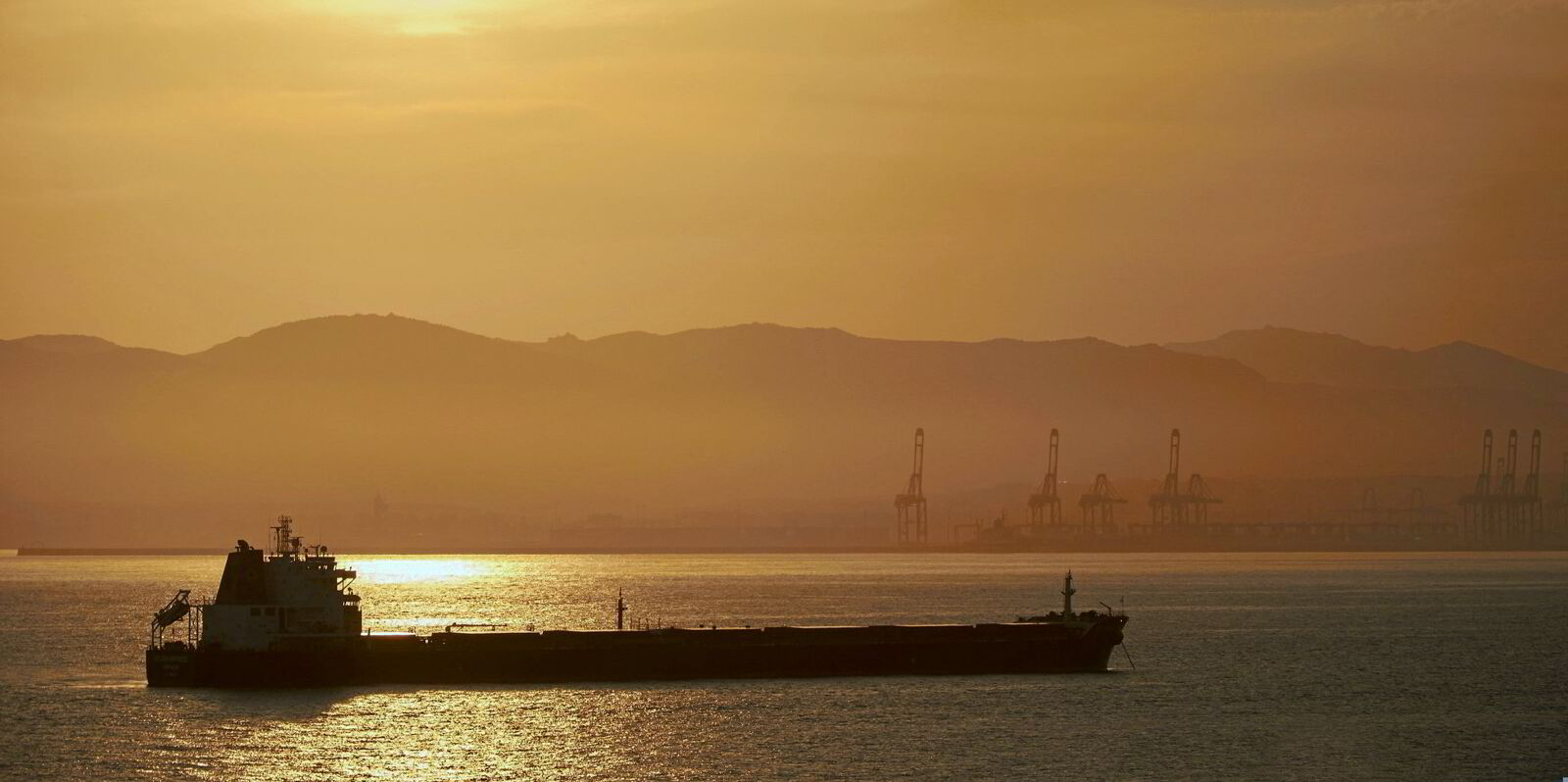
P&I, with International Group members publishing lists of vessels covered, attracts the greatest scrutiny and some shipowners have claimed that attestation rules do not apply to other forms of marine insurance.
“I hear every now and then that, ‘That’s an insurance for the vessel. It has nothing to do with the cargo’. It has everything to do with the cargo,” Hogberg stressed.
“The EU sanctions are targeting the provision of financial services, ie insurance. And the act of insuring is suddenly itself a target for the sanction.”
‘One-way street’
The Swedish Club — which has a portfolio of more than 6,000 vessels with hull and machinery cover, compared with more than 2,000 with P&I — asked all its members that were considering trades with Russia to supply attestation forms.
It compiled 40 forms in the first year, but the G7 in February changed the requirements, demanding a form for every voyage, rather than every year. That increased documentation and work thirtyfold, said Hogberg.
British officials have said the moves are part of an increased campaign of enforcement that is attempting to force shadow fleet players to return to P&I clubs. But Hogberg said that ship has already sailed: “If you take the leap to leave G7 services … I think that’s probably going to be a one-way street.”
P&I clubs are based on trust between members and, if one has a tanker that has spoofed its position, that tells a story about how it operates its ships, she said.
“For a mutual, you need to share risk with like-minded members. That’s what the mutual is about. That’s why everyone is not in one club.”
Hogberg will soon view the issue from a different perspective. She will take her expertise into private practice as the head of regulatory and sanctions at Gothenburg-based legal firm WERKS from September.
Read more
- Notorious tanker stopped off Russian port after UK blacklisting
- Swedish Club urges rivals to pool resources ahead of shipping’s next crisis
- UK blacklisting of Russian insurer Ingosstrakh could backfire, industry warns
- Russian interests cancel LNG and tanker newbuildings deal at SHI
- UK blacklists Russian insurer Ingosstrakh and first shadow fleet vessels
